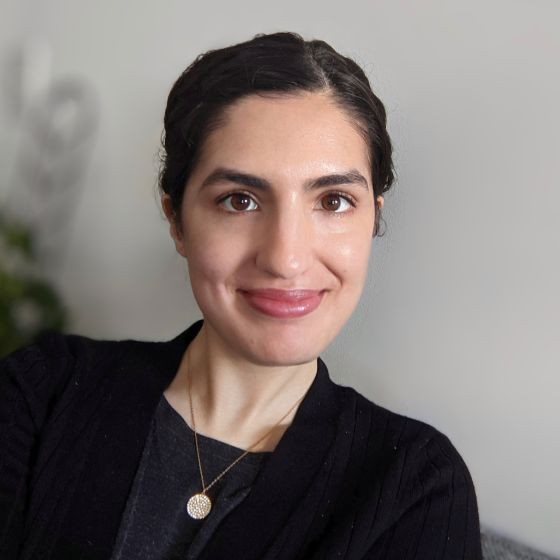Empowering Neurodivergent Voices

Work with your brain, instead of against it

Social-Emotional Communication
Social-emotional communication skills help us build meaningful interpersonal connections.
Children & Teens
Learn to recognize and express emotions by clueing in to your internal states. Increase awareness of how to build healthy friendships and relationships with others at school and in the community. Learn self-regulation skills that work for you – stimming, sensory blockers, and more.
Adults
Learn how to read your internal signals for emotions. Understand how masking (also known camouflaging) has affected your ability to recognize your own emotional experiences and communication. Get support for alexithymia and how it relates to your communication needs.

Executive Functioning
Executive functioning refers to our ability to plan, focus attention, and remember information.
Children & Teens
Understand your strengths and challenges as they relate to your brain. Learn what tools you need to succeed at school.
Adults
Figure out how to use your strengths to find individualized strategies that leverage your strengths. Learn about neurodivergent ways of planning and organizing.

Self-Advocacy
People with disabilities face discrimination called ableism. Self-advocacy helps us communicate our needs and stand up for our rights.
Children & Teens
Receive guided recommendation for school accommodations (e.g., IEP, 504 Plans). Practice standing up for yourself and and others as it relates to disabilities and more. Communicate your needs and boundaries (e.g., “I need a break”).
Adults
Understand how ableism affects neurodivergent and disabled members of our communities. Learn how self-advocacy skills can be applied in your daily life. Identify and address internalized ableism.

Masking & Unmasking
Masking (or camouflaging) refers to efforts to hide one’s neurodivergent characteristics and conform to neurotypical expectations. While these skills can be necessary for survival, they are associated with negative mental health outcomes, such as increased anxiety and depression.
Children & Teens
Identify characteristics that make you you. Figure out safety plans for when masking might be necessary, and when it harmful. Learn skills to find out friends who support you for the real you.
Adults
Identify areas of your life that contribute to masking. Learn how to identify safe spaces to unmask. Identify strategies to either reduce masking (when safe to do so). If needed, figure out a plan to discuss the effects of masking with a mental health professional.

Self-Care Coaching
The world can be overwhelming for autistic and other neurodivergent and disabled people of all ages. Learning individualized self-help strategies can help prevent or reduce risk of burnout. Identify and incorporate strategies that soothe your neurotype.

Education
Understanding how your brain works is not only empowering, but necessary to thrive as a neurodivergent individual.
Children & Teens
Understand what makes you different, and why being different is really okay. Learn about your diagnoses and identities in the context of your community.
Adults
Learn about the latest relevant research about autism, neurodivergence, and disability rights, presented in actionable and bite-size portions. Understand your diagnoses beyond the deficits-based DSM-IV criteria.
Meet Our Team

Aazeen Imran, M.S., CCC-SLP
Licensed Speech-Language Pathologist
Disability Rights Advocate
Hi! 👋 I’m Aazeen, your dedicated speech-language pathologist (SLP). I provide neurodiversity-affirming speech-language services for children & adults in Massachusetts. After working in public schools across Boston, Nashville, and Oklahoma City, I decided to start my own private practice. Although working in schools was incredibly rewarding (I miss my students!), private practice allows me to provide more time to each individual client.
I offer a radically different kind of speech therapy that far surpasses traditional methods. In addition to using the latest evidence-based research, my approach is rooted in a deep understanding and appreciation for neurodiversity and disability rights. You can expect a level of care and respect that goes beyond the typical “standard” of care. I meet with my clients with compassion, empathy, and support to help them meet their goals.
Licensure
American Speech-Language-Hearing Association
Massachusetts Board of Registration of Speech-Language Pathology and Audiology
Education
Speech-Language Pathology
Master of Science, Vanderbilt University
Communicative Disorders and Deaf Education
Bachelor of Science, Utah State University
Psychology
Bachelor of Arts, University of Oklahoma
